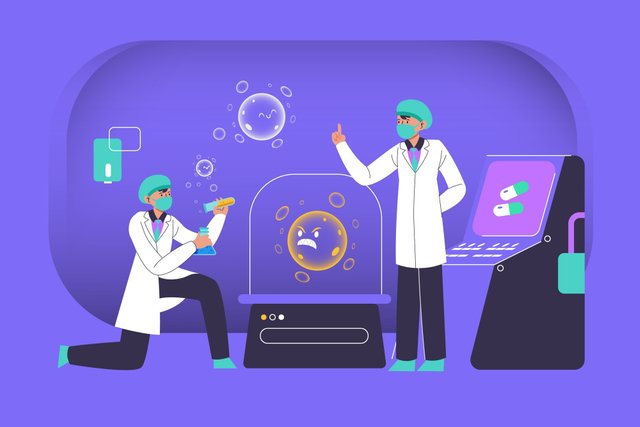Making the use of those advanced technologies was helpful in delivering new solutions for patient care and healthcare system management as well as for speeding up medical development. Among the vast areas where AI plays a huge role, the area of diagnosis becomes one of the most notable. Custom algorithms based on the parameters of millions of images associated with different diseases such as cancer, heart diseases and neurological disorders can be used to make very accurate diagnosis. Such systems can tell conditions far earlier than human doctors would, and this can make provision of early, sometimes lifesaving, action.

AI also contributes to the improvement of the quality of patients’ treatment, as it identifies patients’ genetic profile and medical history to provide customized solutions. It results in better treatments with minimal side effects hence keeping patients healthy. AI is valuable in drugs development in terms of reducing the time and cost required to identify which drug compounds will provide the best response to certain diseases, therefore shortening the time required to introduce new drugs to the market greatly.

However, AI use in healthcare must consider limiting factors like privacy, especially in the analysis of patient data, risks of bias in algorithms, and the requirement of effective legal measures governing the use of smart technologies. As these issues continue to be worked out the potential for the use of AI in health care looks promising as the technology holds the potential to increase the efficiency, accuracy, and individualization of the entire Health care field.